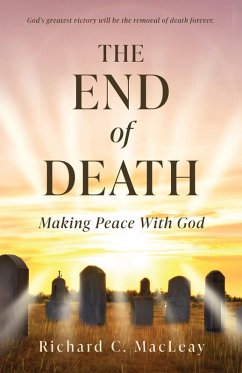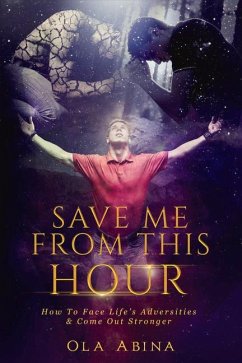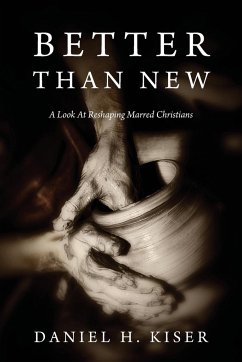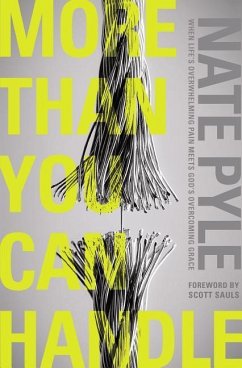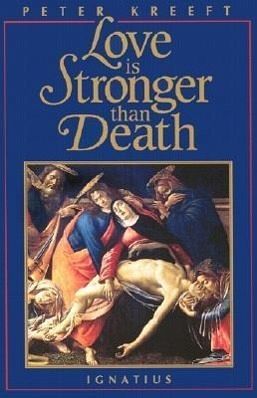
Love Is Stronger Than Death
Versandkostenfrei!
Versandfertig in über 4 Wochen
13,99 €
inkl. MwSt.

PAYBACK Punkte
7 °P sammeln!
Eloquent Christian meditations on death. Kreeft downplays theology by casting his book in the form of "thought experiments" - i.e., if, for the sake of argument, we grant the truth of Christianity, what insights do we gain? From this hypothetical standpoint he looks at five aspects of death: death as an enemy, as a stranger, as a friend, as a mother, and as a lover. For each of these personifications Kreeft offers a series of tightly organized, pithily phrased, and sometimes quite moving reflections. For his chapter on death as a stranger, for instance, he builds on the notion that the pre-Chr...
Eloquent Christian meditations on death. Kreeft downplays theology by casting his book in the form of "thought experiments" - i.e., if, for the sake of argument, we grant the truth of Christianity, what insights do we gain? From this hypothetical standpoint he looks at five aspects of death: death as an enemy, as a stranger, as a friend, as a mother, and as a lover. For each of these personifications Kreeft offers a series of tightly organized, pithily phrased, and sometimes quite moving reflections. For his chapter on death as a stranger, for instance, he builds on the notion that the pre-Christian mind was death-accepting (fatalistic), the Christian mind death-defying (because of faith in the resurrection), and the post-Christian mind death-denying. Modern society - and many of its Christian members - cannot come to terms with death bemuse it gives the lie to so many cherished cultural myths: the pursuit of happiness, the narcosis of collectivism, the technological conquest of nature, etc. Christianity cannot simply welcome death as a friend (since it violates our humanity), nor reject it as an enemy (since it leads to a fuller life), so it follows a painful but fruitful dialectic that synthesizes both approaches. Kreeft is not an original thinker, but he's sensitive, fresh, and exceptionally well-read. He writes dense, driving prose that blends vivid exposition and confessional intensity. And he's not afraid of jolting the reader with violent imagery: "Our old body is our hymen; God is the phallic sword; and our body succumbs to death bemuse we are ravished by our Lover." Pungent, potent, unconventional. (Kirkus Reviews)








